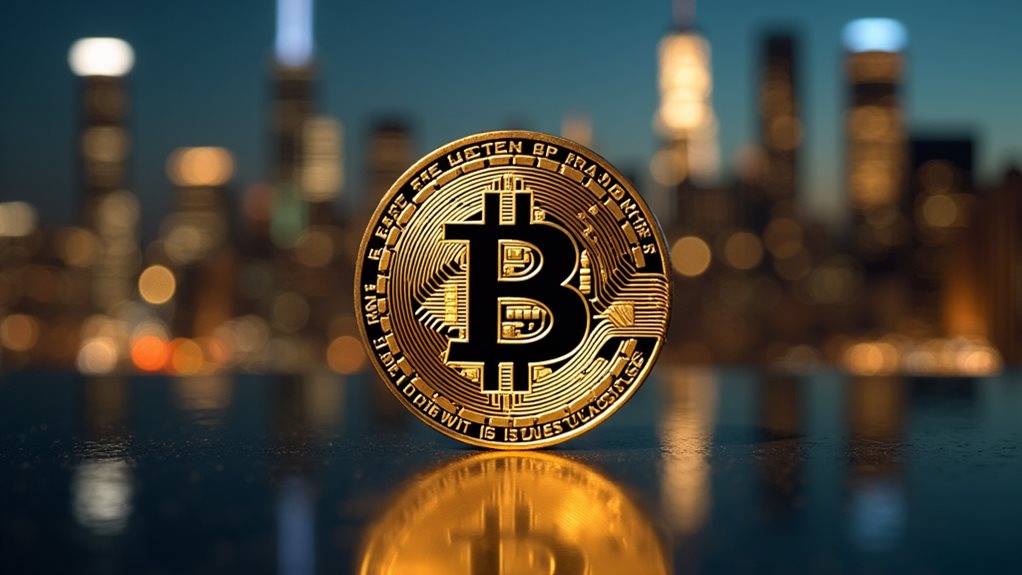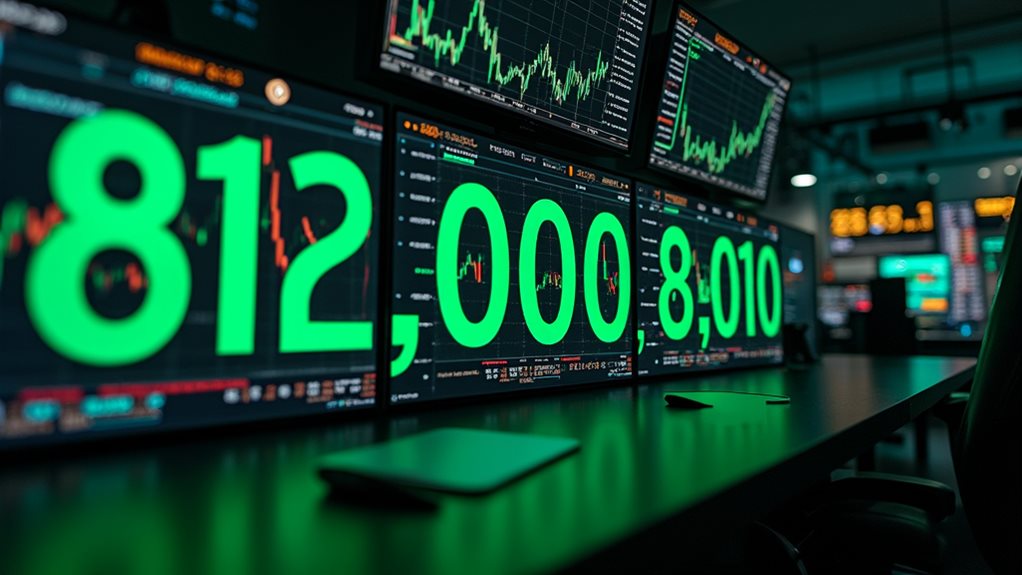South Korea is frantically racing to approve Bitcoin ETFs by late 2025, potentially opening the floodgates for millions of domestic investors who’ve been sitting on the sidelines. President Lee Jae-myung backs the initiative while the ruling party pushes full crypto reforms. The country’s virtual asset market has been painfully stagnant compared to global standards. Meanwhile, financial hubs like the U.S. and Hong Kong already adopt Bitcoin ETFs. The clock’s ticking, and there’s much more brewing beneath this regulatory scramble.

South Korea is finally catching up to the crypto party. While the U.S., Hong Kong, and the U.K. have been throwing Bitcoin ETF celebrations for months, South Korea has been stuck in regulatory limbo. But that’s about to change.
South Korea is ditching regulatory limbo to finally join the global Bitcoin ETF party everyone else started without them.
The country is racing to legalize spot Bitcoin ETFs by the end of 2025. Why the rush? Simple. They don’t want to be left behind while other financial hubs rake in the crypto cash. It’s embarrassing when your neighbors are already at the finish line and you’re still tying your shoes. Unlike Binance.US restrictions, South Korean exchanges aim to offer comprehensive trading options.
South Korea’s newly elected president, Lee Jae-myung, has made it crystal clear. Bitcoin ETFs are happening. The ruling People Power Party is backing him up with a full reform package. They’re not merely talking anymore. They’re actually doing something.
The reforms go beyond merely ETFs. By the second quarter of 2025, institutions and corporations will finally get to trade digital assets without jumping through endless hoops. About time. The ridiculous “One Crypto Exchange, One Bank” policy is getting axed too. Because apparently, forcing exchanges to marry just one bank wasn’t promoting healthy competition. Shocking.
Millions of South Korean investors are waiting for this moment. Traditional investors have been watching from the sidelines while crypto prices swing wildly. Now they’ll get a regulated vehicle to join the action. No more sketchy exchanges or wondering if their money will disappear overnight.
The economic impact could be massive. South Korea’s virtual asset market has been stagnant compared to global standards. These reforms could change that. Institutional money flowing in means serious capital. Serious capital means market activation. Won-backed stablecoins will provide additional stability to domestic crypto transactions, reducing the volatility that has historically plagued local trading. The Democratic Party now controls both the presidency and legislature, creating a clear path for swift policy implementation.
The legal framework is still being hammered out, which explains the late May 2025 development timeline. But political support is solid. The government finally realizes that being crypto-friendly isn’t optional anymore. It’s survival.
South Korea aims to match major financial hubs in regulatory sophistication. They’re tired of playing catch-up. The digital asset sector could become a genuine economic growth driver instead of an afterthought.
The clock is ticking. By year’s end, South Korean investors might finally get their Bitcoin ETF wish.









